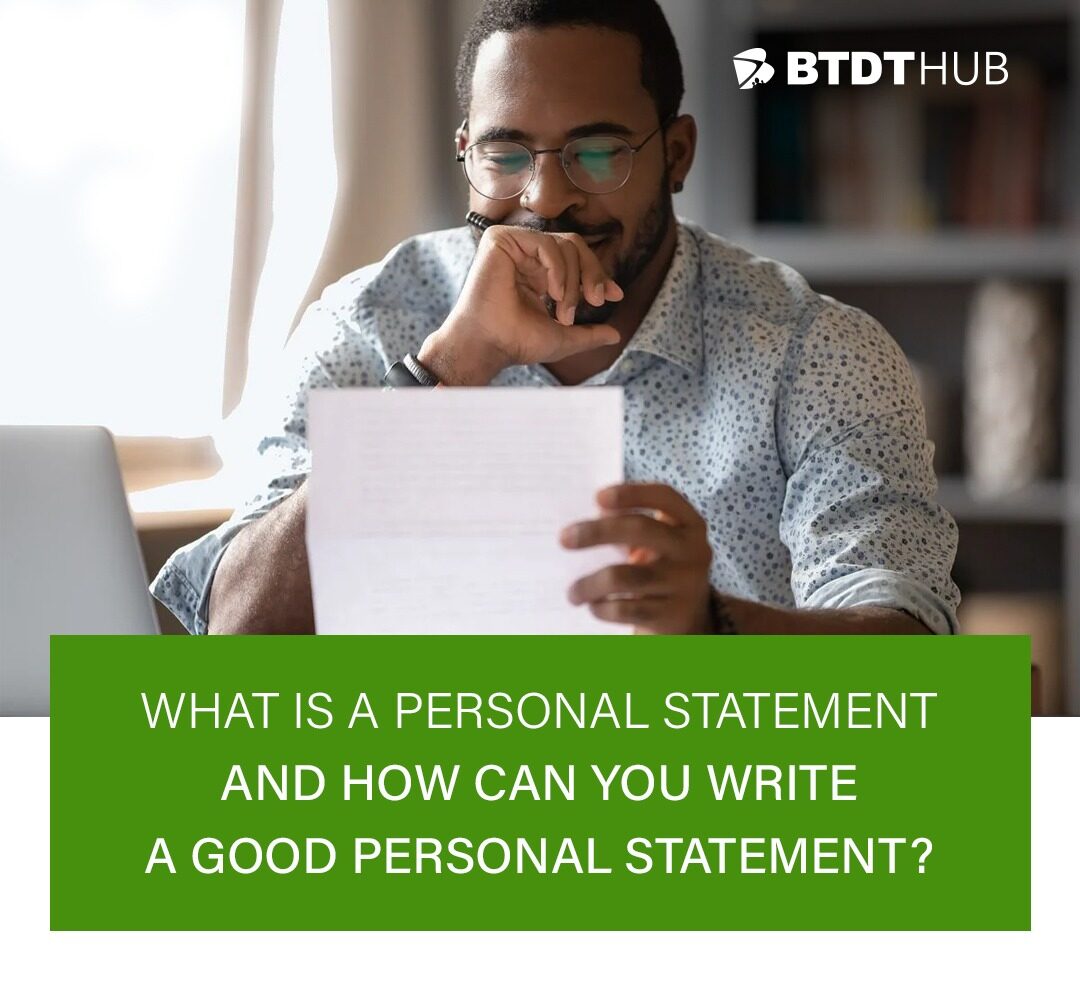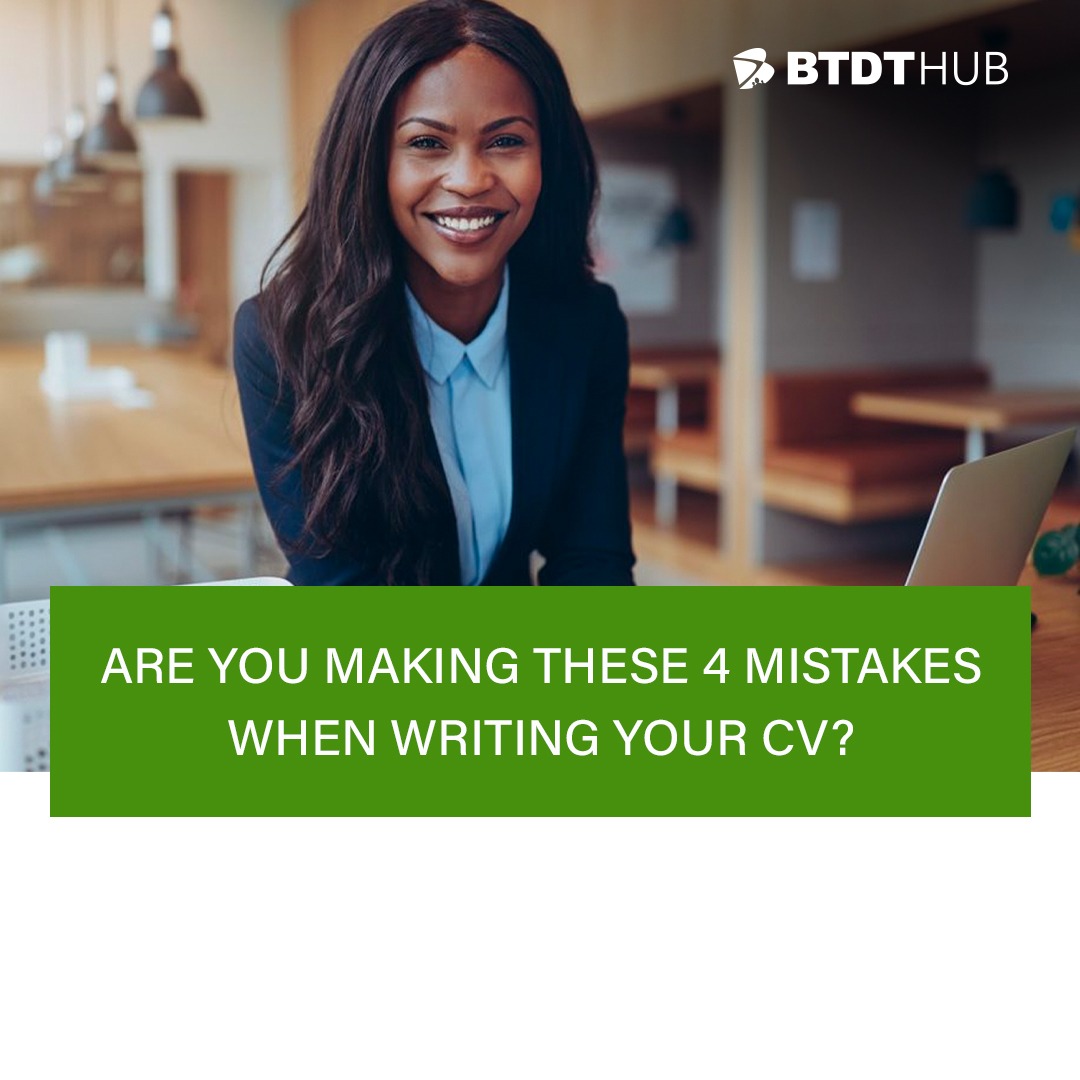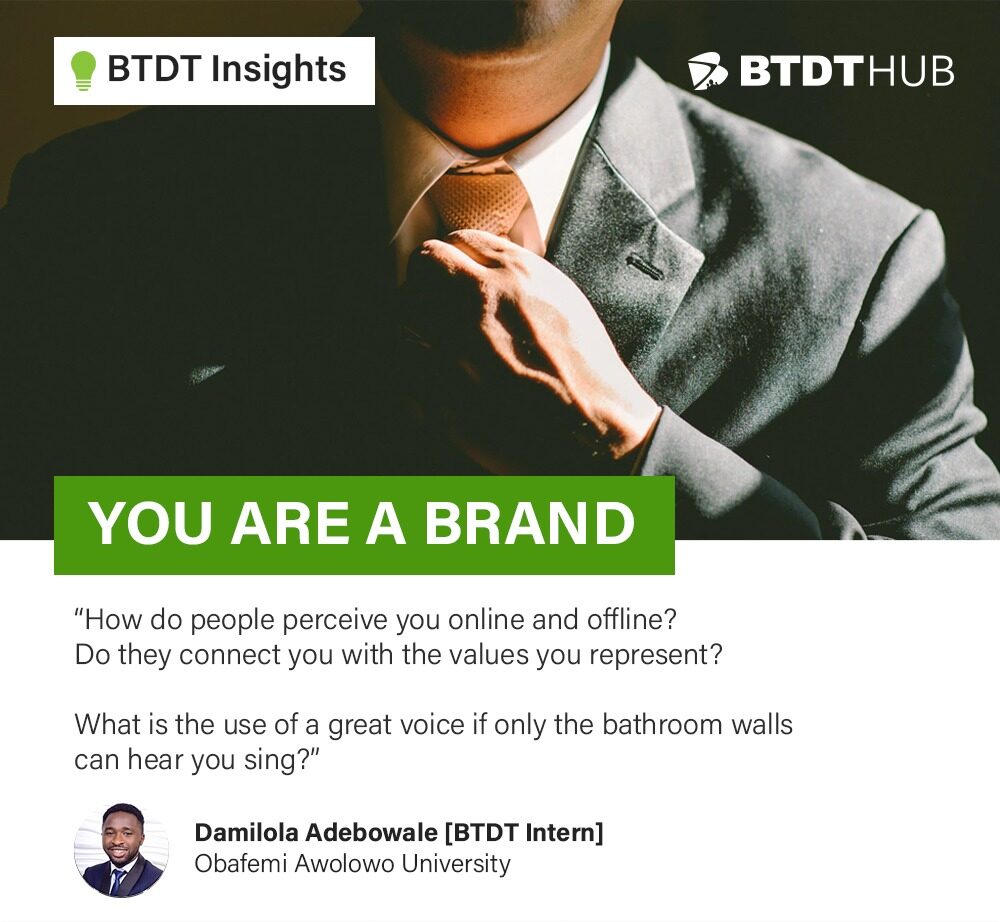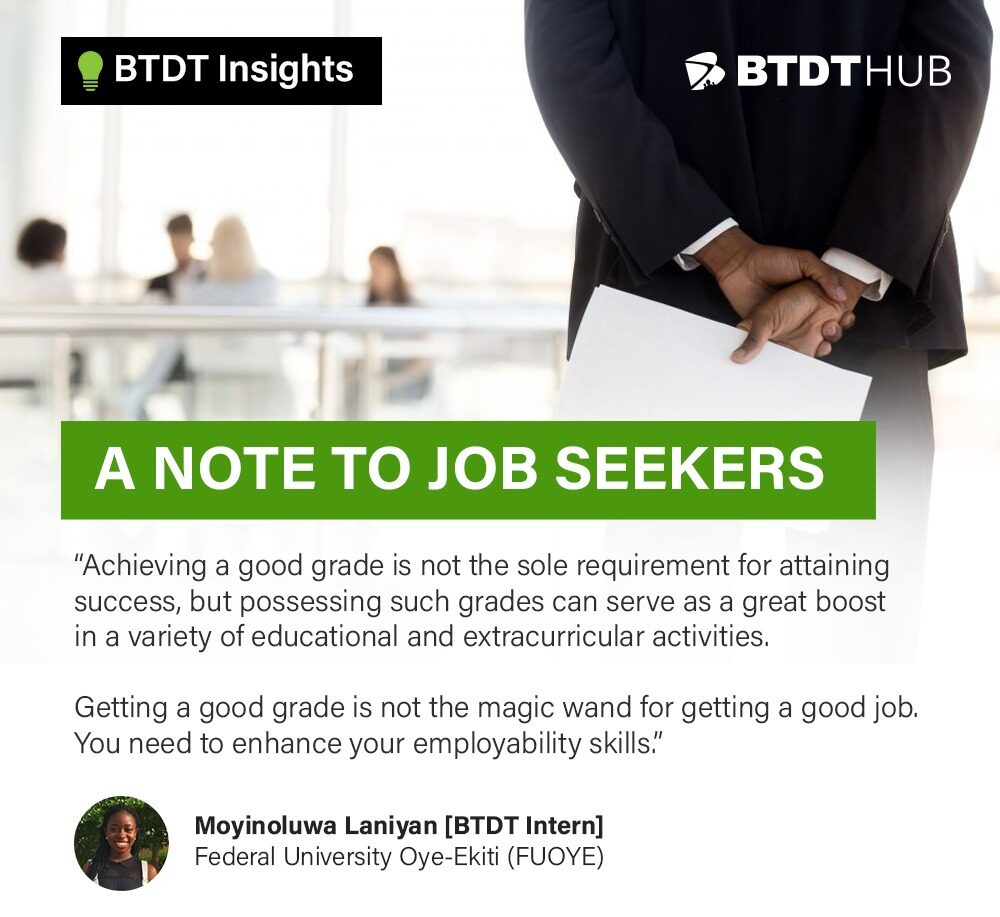A personal statement is a vital document required by most Universities abroad during your admission application process. A personal statement (also known as Statement of Purpose (SOP) or Letter of Intent) is simply an essay that describes your intent and purpose for wanting to study a particular program and at a particular University. It shares your story with the admission committee and explains why you are the ideal candidate for admission into that program.
But as simple as this essay might appear to be, a lot of work goes into crafting a personal statement that stands out and impresses the admission committee. There are several things you must know and consider when writing a personal statement. This article covers all of these and more.
Writing a Good Personal Statement: Questions You Must Answer
Before getting started with writing a personal statement, there are several questions you must answer. What program do you want to study, and why do you want to study the program? Do you have relevant skills or experience in that field or course? And if so, how do you plan to utilize it to contribute to your program’s success and immediate community?
All these are important information and a bedrock of what your personal statement would entail. But writing a good personal statement goes beyond just penning down answers to these questions; there are several things you must also keep in mind.
How Do You Write a Good Personal Statement?
First, you must ensure you read the instructions on the University’s (and program’s) website. Most schools have requirements regarding personal statements. For example, some schools demand that your personal statement essay shouldn’t exceed a word count of 500 words, whereas other institutions might allow a word count of about 1000 words.
After reading these instructions, write your personal statement by following these tips.
1. Ensure your personal statement is clear and concise
Many applicants make the mistake of stuffing the personal statement essay with inconsequential information, making it very boring and challenging for the admission committee to understand. You want to write your personal statement such that it explicitly states your story and passion. Read every sentence in your essay to determine if it is absolutely necessary and useful to the readers.
Also, ensure your introduction is catchy, as this is what sets the tone for the admission committee reading your essay. For example, you could start the essay with a story, quote, research work, or achievement that sparked your interest in the particular program you intend to study.
2. Show evidence of relevant experience, interests, and goals
The admission committee wants to know a little about your background, motivation, leadership and influence, relevant skills, and competencies. As such, you must craft your essay such that it shows all of these and more. You want to show the admission committee how the program or institution will help to achieve your future goal and plans.
If you have already published a research article in that field, you also want to include it in your personal statement. Not to worry if you don’t have any publications yet. You can mention the possible areas and topics you are looking to explore.
3. Use appropriate language and avoid grammatical errors
Ensure that you communicate using the vocabulary relevant to your field and avoid complicating matters. You should demonstrate that you have a good command of the English language by avoiding slang/informal words, using vocabulary appropriate to your field, and adopting a logical structure. Also, you want to make sure your essay is free from spelling and grammatical errors. We always recommend using spell-check tools like Grammarly for proofreading your personal statement and CV. You could also have writing experts look at your essay to help identify spelling and grammatical errors.
(Related Post: Are You Making These 4 Mistakes When Writing Your CV)
BTDT Hub can help you write an outstanding Personal Statement
A good personal statement must tell the admission committee who you are, your relevant experiences, interests, and why you are an ideal candidate for admission. While this article presents helpful information to help you craft a good personal statement, we understand that you may not have the time and competency to do it yourself.
At BTDT Hub, we have a team of highly qualified academic advisors capable of reviewing and crafting your personal statement to increase your chances of gaining admission in desired schools. We have reviewed over 5,000 personal statements for students in a broad range of fields, and have recorded a success rate of 90%.
Visit our Study Abroad page to learn more about our personal statement writing services. To get started, send an email to INFO@BTDTHUB.COM today.




